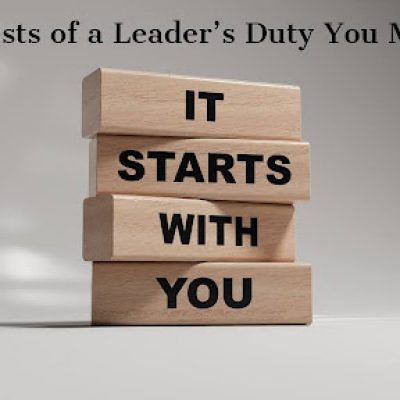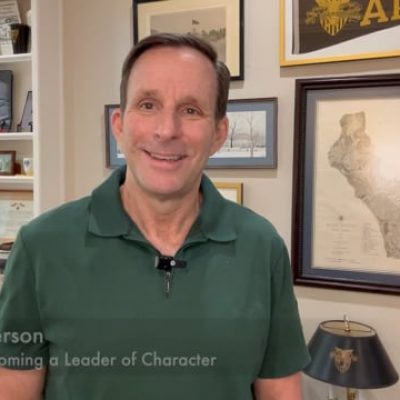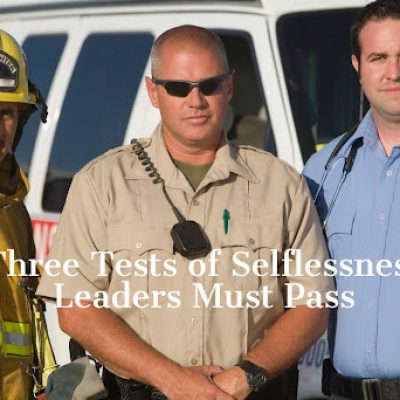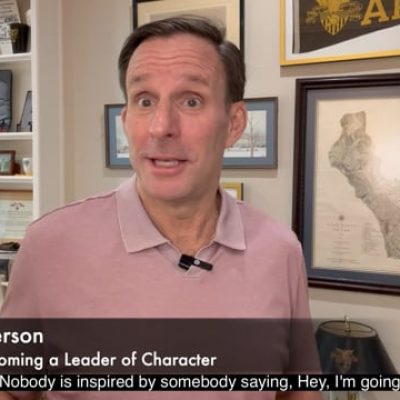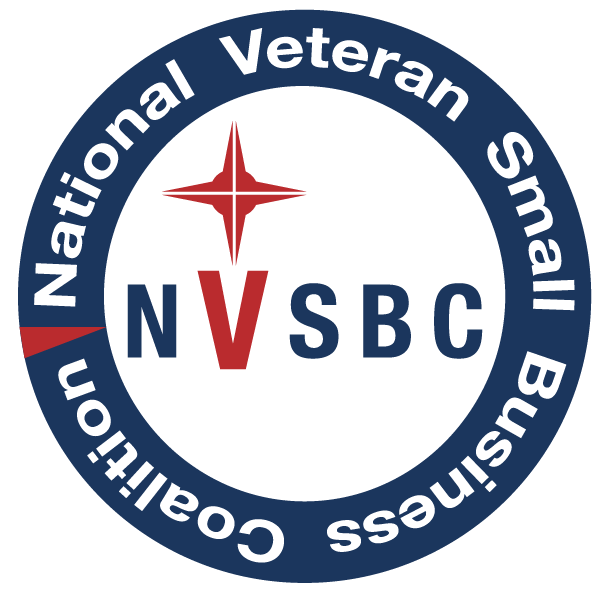Duty: Taking action based on our assigned tasks and moral obligations.
Veterans face several challenges when they leave the military. But one specific issue hits veterans hard. It shows up for many of us when we begin in the civilian workplace. This specific issue revolves around the concept of Duty.
Duty is not a commonly understood concept outside the military and law enforcement. This could explain why veterans often move into law enforcement. They feel at home with other people who understand what it means to do their Duty.
When you are surrounded by individuals who take action based on their assigned tasks AND their moral obligations, you belong to a team you know you can count on. People don’t worry about who will do this or that. They know someone will step up and take care of it.
In the military, if you do not pass a test, you receive something known as a “No Go.” This means you may not proceed forward and you do not pass.
It is a No Go when:
- You give half-hearted effort.
- You give up after one or two tries.
- You show up unprepared or late.
- You walk by a problem without stopping to address it.
- You blame others for your own short falls.
In the military, these behaviors are called out by not only leadership but peers as well. When someone falls short of doing their Duty, that person is seen as the weak link. They are immediately corrected. If they do not change their behavior, they are given the lowest levels of responsibility and will likely have a short career.
Imagine your work environment being a place in which no one received a No Go.
What if each individual on the team:
- Gave 100% effort.
- Persevered in the face of challenges.
- Came prepared and was on time.
- Identified a problem and fixed it themselves.
- Eliminated excuses and accepted responsibility.
A level of trust and comradery exists in the military that most veterans wish they experienced consistently in the civilian world. They desire to be surrounded by people who do their Duty whether they are wearing a uniform or not.
The truth is—I believe most of us crave the same.
While we can’t control anyone else on the team, we do have control over our own choices. Exercising Duty means we go beyond our job description. We must make the choice to fulfill our moral obligations as well.
Dig Deep Questions:
- What do you think it would be like to work in an environment in which you were surrounded by people who take action based on their assigned tasks AND their moral obligations?
- What one thing could you do this week to begin to create that environment?
Exercising Duty takes work and is a lifelong journey. We want to partner with you as you practice the habit of Duty daily, which is why we have created FREE tools and resources to guide your journey.
To make it easy to keep the definition of Duty visible on your screens and devices, we would like to share our FREE Duty backgrounds for desktop and mobile available for download at: https://www.becomingaleaderofcharacter.com/tools-resources


